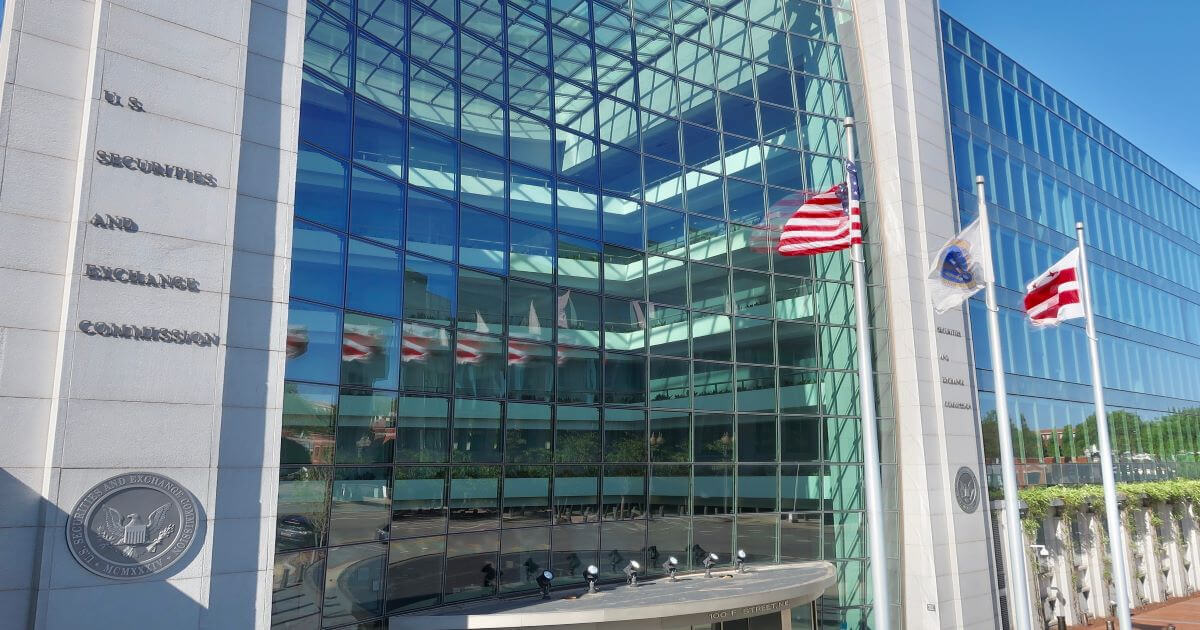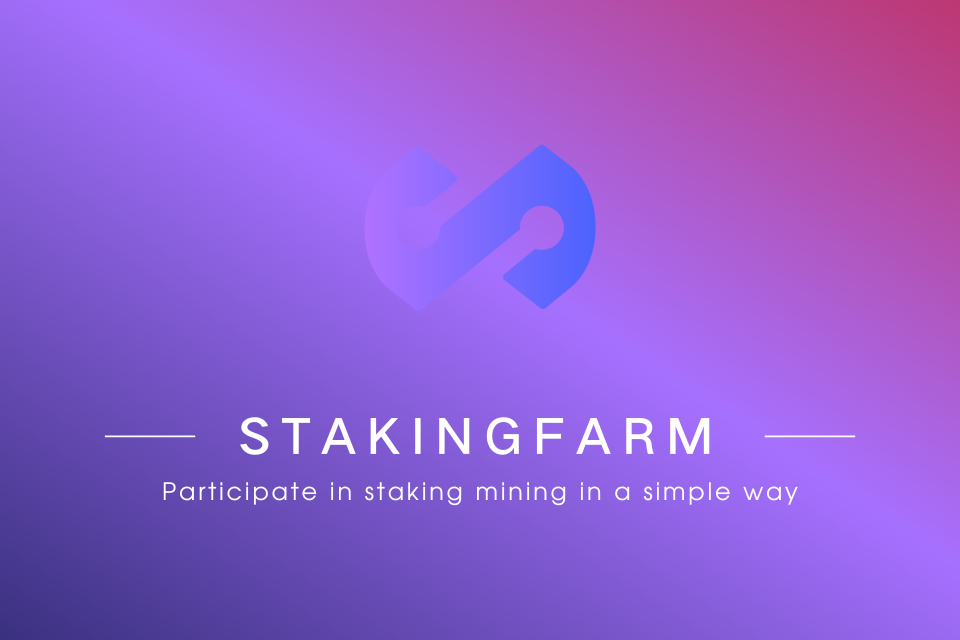‘Studio karaoke app in your hand’ SOMESING successfully launches beta service

October 17, 2023 17:06 UTC
| Updated:
October 17, 2023 17:09 UTC
Uniswap Labs, which operates one of the most popular decentralized exchanges, recently announced the introduction of a 0.15% interface fee for certain token swaps. The decision, which takes effect on October 17, 2023, has attracted significant attention from the cryptocurrency community and media outlets.
1. Fee details
The new interface fee affects transactions involving at least two of the following tokens: ETH, USDC, WETH, USDT, DAI, WBTC, agEUR, GUSD, LUSD, EUROC, and XSGD. In particular, stablecoin swaps and transactions between Ether and wrapped Ether are exempt from this fee.
2. Basis of fee
Hayden Adams, founder of Uniswap, emphasized that the fee, which is one of the lowest in the industry, will support the platform’s ongoing efforts in research, development and expansion. These funds will help us create new features and tools, including major improvements to our iOS wallet, Android wallet, UniswapX, and web applications.
3. Uniswap’s operating costs
Commissions are not simply a profit-seeking move. Uniswap Labs incurs significant operating service costs, particularly due to the expansion and promotion of Uniswap Wallet. The costs associated with development, operations, marketing, regulatory compliance, and maintaining security risks are significant. The additional fees will help offset these operating costs to support the rapid expansion of Uniswap’s product offering.
4. Decentralization and centralization
There are clear differences between the Uniswap protocol and Uniswap Labs. The protocol is decentralized, but the web and mobile endpoints belong to Uniswap Labs. The introduction of a 0.15% fee, implemented without community voting, represents a move towards more centralized measures. This paves the way for implementing KYC regulation strategies across these channels and can highlight the differences between decentralized protocols and centralized companies.
5. Competition with Metamask
Uniswap’s future product strategy appears to be competing with MetaMask. With MetaMask exploring commercialization and hinting at a potential token launch, separating the product from Uniswap’s protocol is a strategic move to expand its commercial reach.
6. Concerns about governance tokens
The decision to introduce fees was met with confusion and protests from Uni token holders. The value and granting of Uni tokens appears to be stripped of governance rights. The community’s voting weight may never surpass the official position, which could lead to concerns about the future of the token.
7. Alternatives for users
Users who do not prefer 0.15% fees can opt for third-party wallet API integrations or other DeFi Aggregators that interface directly with the Uniswap backend protocol. However, there is a potential risk of “phishing” frontends claiming to bypass fees. In the end, the official Uniswap platform may remain the safest choice, even if it incurs additional costs.
conclusion
Uniswap Labs’ decision to introduce a 0.15% fee for certain token swaps is multifaceted. It aims to support the growth and development of the platform, while also highlighting the evolving dynamics between decentralized protocols and centralized entities in the cryptocurrency space. As the industry continues to grow, these decisions will shape the future of DeFi and the broader cryptocurrency ecosystem.
See here for more details.




